Why are you lonely and how to make friends?

Why You Are Lonely and How to Make Friends-YouTube
Friends are one of the things that enrich our lives, they make life not just bearable, but fun. Friends give meaning and purpose to your life and are a source of security, self-esteem, and happiness. Lack of social ties is also associated with many illnesses and short lives.

However, while fiddling with smartphones, there are many people who think, ``I don't know who to call as someone to play with or watch movies with.''

At times like that, some people may feel lonely, saying, 'I don't have many friends.' But you're not alone. Loneliness and isolation are now widespread throughout the world.

There must be a lot of people who want to increase their close friends but don't know what to do. Surprisingly, it is the young, not the elderly or the prime of life, who are feeling the most loneliness these days.
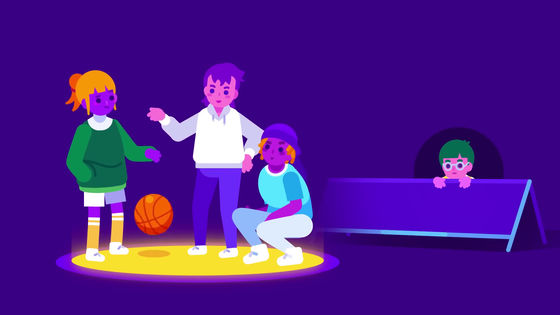
Young people's relationships have been hit particularly hard by the global coronavirus pandemic.
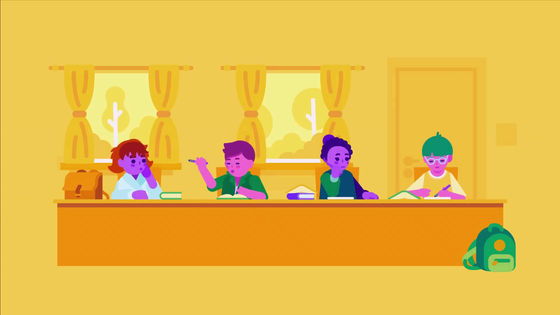
Social distancing has drastically reduced opportunities for teens and 20-somethings to socialize in school classrooms, clubs and dormitories.
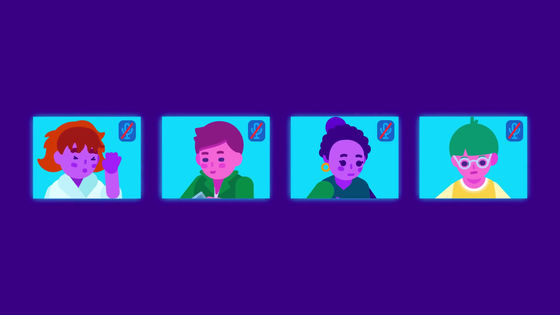
Social distancing has left millions of friendships, perhaps lifelong friendships, unfulfilled.

In other words, it can have a long-term and significant impact on the collective well-being of humans as it stands. But it's not too late yet and you should be able to make a lot of friends.
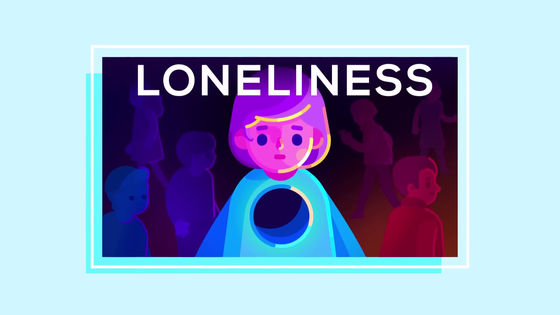
As with all important things in life, making friends is simple, but not always easy. Friendship works through a very straightforward mechanism.
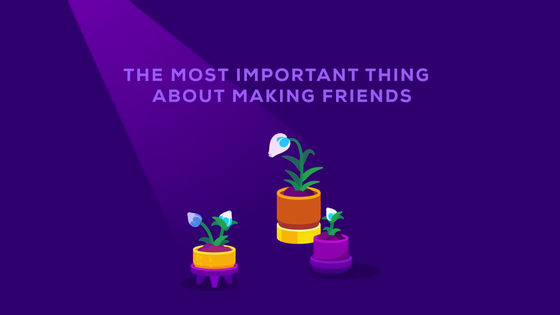
The most important part of making friends is spending time with other people. Human ancestors built relationships by spending time with others.

Because humans live in small, close-knit communities and have limited options for making friends, they have simply built good relationships with those around them.

So it's very easy to make new friends in places like school where you spend a lot of time with other people. Schools are like ``a system that keeps you and other people in one building for several years,'' but there are more important things.
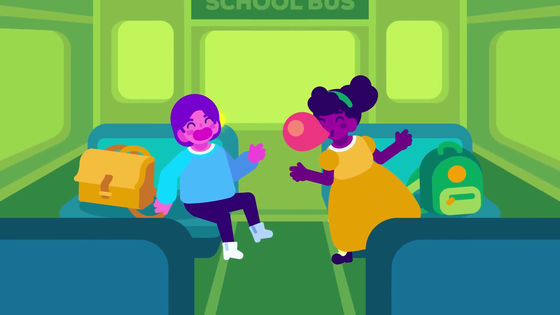
That is the point that 'many people spend time together on a similar schedule'. At school, you can meet many people on a regular basis and share your experiences, making it easier to find potential friends with similar worldviews and a sense of humor.
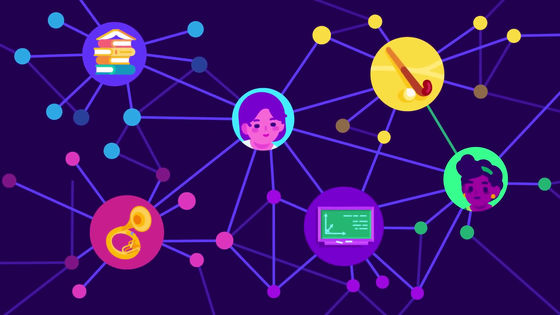
Also, 'closeness' can be a more important factor than having the same hobby. One study found that room-to-room distance was the strongest predictor of friendship when living in a student dormitory. In other words, the closer you live, the more likely you are to become friends.

Another study shows that even simply attending class many times without saying anything can make others more likely to empathize with you.

In other words, the most important principle in making friends is 'spending the same time with people in the real world on a regular basis'. 'It beats all other advice,' says Kurzgesagt, because this alone increases your chances of automatically making friends.

But remember that making friends is not a game or a competition.

Even if everyone has a sociable personality, there is a good chance that that personality will change as you walk through life.
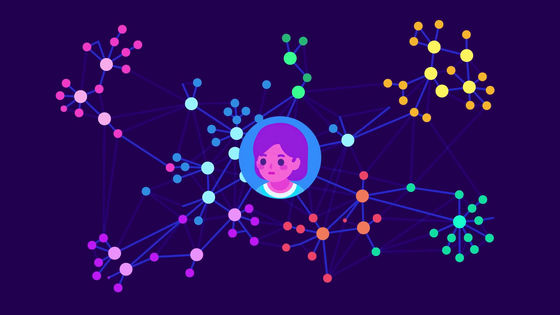
Also, people who were introverted in their teens can become extroverted in their 20s.
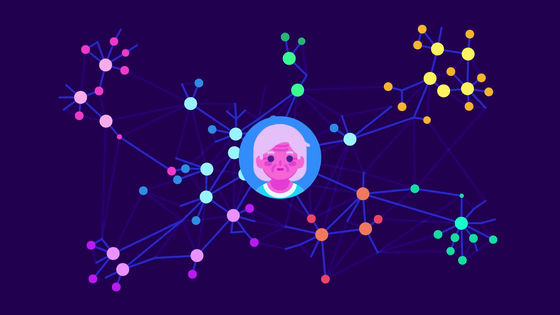
The biggest reason people don't have many friends is that most people don't put them first.
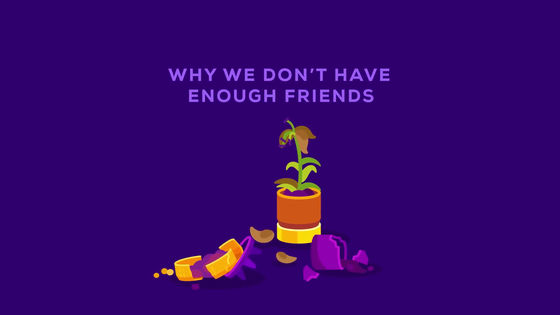
Maintaining friendships requires constant energy and attention, and people often don't realize the situation until it's too late.

Friendships are very important for happiness, but they are often put on the back burner in favor of other life decisions. We've all had the experience of neglecting friendships because work, commuting, love, children, and family took up a lot of our time and energy. Especially in adulthood, it takes a lot more mental effort and engagement than when you were in school, when you had a lot of energy and curiosity.
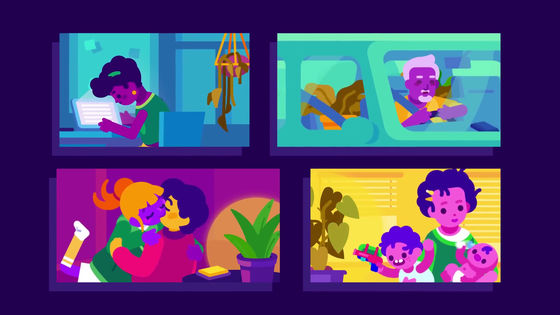
Adults aren't the only ones who are too busy to have friends. American teenagers spend more time on TikTok each day than parties, events and phone calls with friends combined.

Friendships, once formed, do not need to be maintained as long as friendships that have just been formed. However, you need to be prepared, and if you neglect to contact your friends when they are excited or depressed, your friendship may gradually decline.

Another factor that makes people vulnerable is how they build their friend networks. There is a 'friendship paradox' where most people have fewer friends than they have, but it makes sense because people with more friends are more likely to be friends than people with fewer. Kurzgesagt and Kurzgesagt.
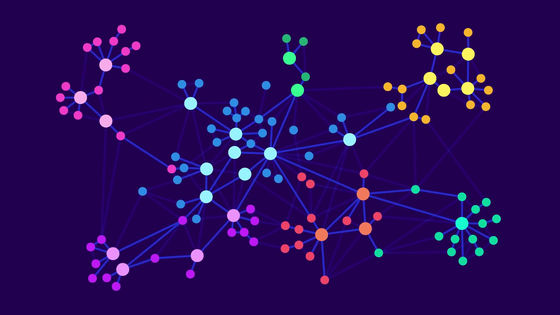
Friend networks are often built around a central figure rather than being densely interconnected. Therefore, if the central figure in the network disappears, the friend network may collapse at once.

And Kurzgesagt points out that the collapse of the friend network leads to the distorted self-perception that ``I am an average person and less popular than others.''
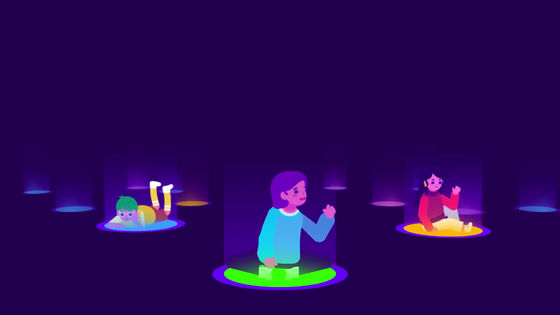
In addition, there are cases where friendships deteriorate at once due to a major turning point in life such as moving house.

Everyone has different reasons for their lack of connection with others, but the root cause in most cases is time.

There are no shortcuts to creating and maintaining friendships. You need to prioritize relationships and share time with friends in real life. So, 'look at yourself, what you're doing with your life, and try to find a balance between your personal life and your friendships,' Kurzgesagt says.

So how do you make new friends?
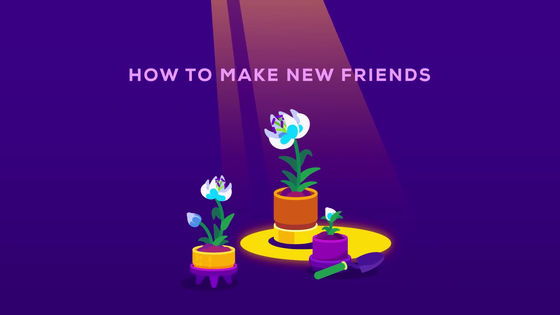
Studies have shown that new friendships 'can develop quickly' in the first few weeks after they meet. However, it takes several months for a casual friendship to develop into an intimate relationship. The biggest obstacles are the time spent and the quality of the interaction.
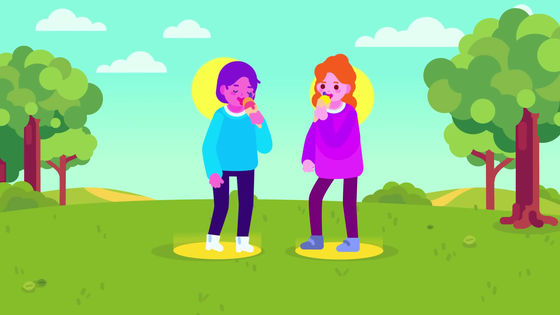
The point when making friends is to find someone who has something in common with you ... ...

It's about intentionally looking for people who are open to new relationships.

Therefore, it is important to think about who you are as a person. In general, extroverts tend to feel aroused by sensory stimuli, spicy food, loud music, and crowds. Conversely, introverts, who are often confused with shyness, tend to be more sensitive to sensory stimuli, prefer quieter or less crowded environments, and eat less spicy food.
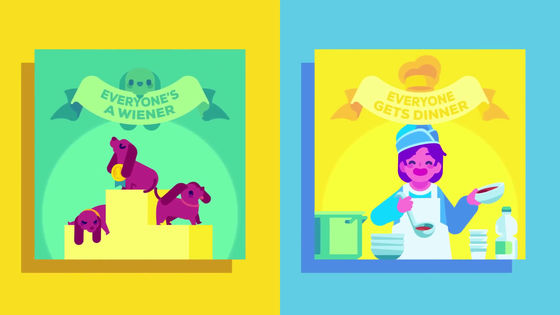
Also, different places will attract different people. Some people find it easy to make friends while watching a soccer game in a bar, while others meet like-minded people while strolling through the park or bookstore. For men in particular, Kurzgesagt recommends spending time 'where you feel comfortable' and finding like-minded people, as they build friendships through common activities.

Alternatively, you can aim to build friendships with your co-workers by getting a job that attracts the types of people you like. Great friendships are possible if the power balance at work is not disrupted.

Another way is to repair a relationship with a lost friend. A phone call may be all you need to repair an old friendship.
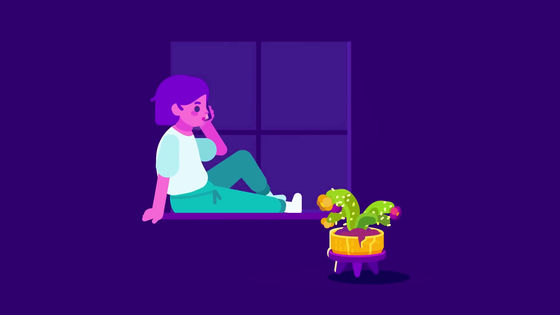
Past studies have also shown that being greeted by an old friend brings great joy.

There are more opportunities than you can imagine to spend time with others. If there is no such opportunity, 'You should take the initiative and make it,' Kurzgesagt said. Inviting someone is one of the most important ways to build friendships.

Whether it's throwing a dinner party, organizing a soccer game, or forming a group to play board games together, everyone likes to organize fun things. The simple act of reaching out can build happiness, enjoyment, and human connections.

Taking the first step can be pretty intimidating if you meet someone who feels the same way, but chances are they feel the same way you want to be friends.

Friendships born from such opportunities may be opportunities to build lifelong friends.

Many people struggle to turn acquaintances into friends, but the key principles are caring and sharing.
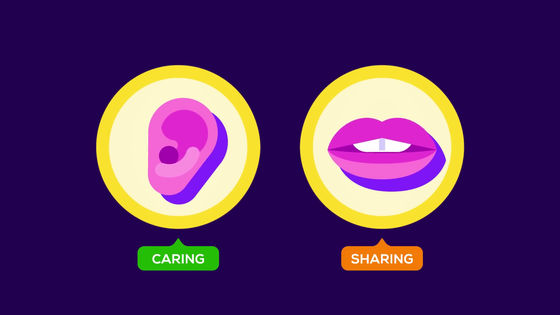
People tend to like people who care about themselves and people who are interested in themselves because everyone thinks about themselves.
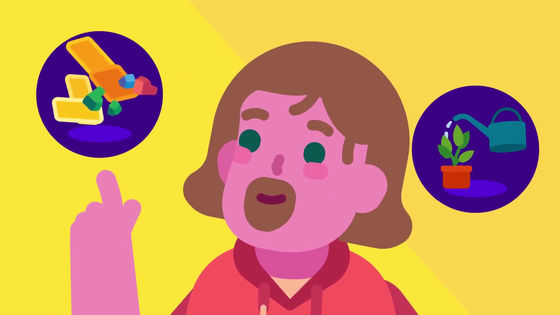
Therefore, if you want to make friends, it's important to know what moves them.

And by having open, personal conversations, such as sharing the experiences that make you who you are, or revealing your secrets, you send a signal that you are open to others. is possible.

It is very useful for building friendships when you find common experiences through stories about your experiences as a student or your hobbies and interests, such as your fondness for weird movies.

Kurzgesagt says that opening up takes learning boundaries by trial and error, and depends on the mood of the conversation.

``One of the mysteries of life is that sometimes it's helpful to think you don't really want something,'' Kurzgesagt said. Friendships can develop by being open to social opportunities and accepting invitations rather than tackling them.

Related Posts:
in Video, Posted by logu_ii







